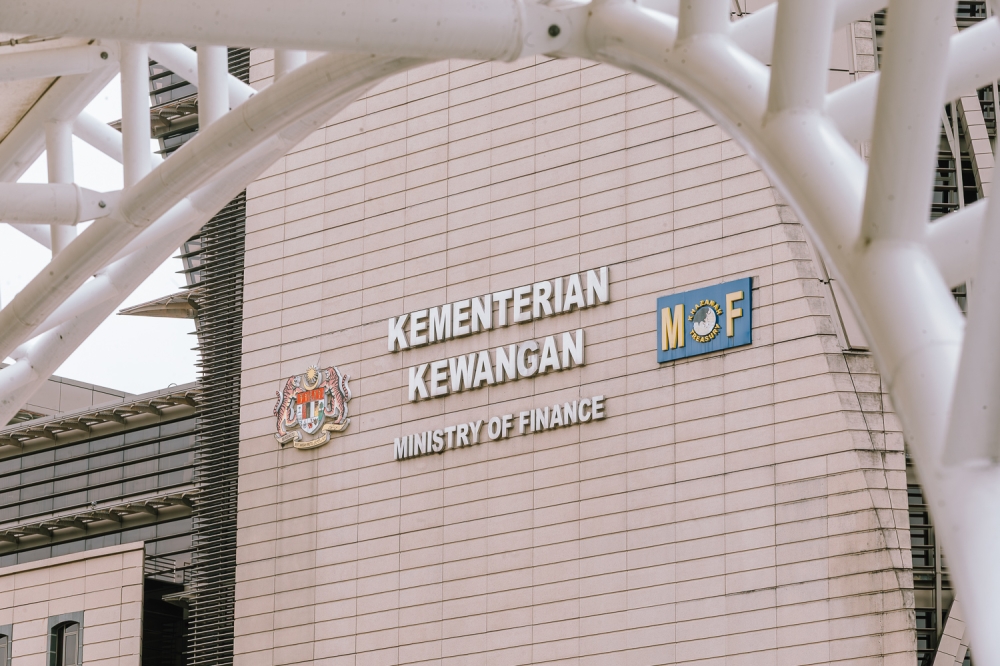OCTOBER 27 ― “Talk” is usually cheap and meaningless without the deeds to undergird it.
Do you remember the “talks” centred on these phrases/slogans/documents (no worries if you don’t): Rukunegara, Bersih-Cekap-Amanah, Wawasan 2020, Islam Hadhari, Buku Jingga/Ubah Sekarang-Selamat Malaysia, PAS untuk semua, and 1Malaysia.
The central problem of “talk” is that it is not a “dialogue.” Talks are unidirectional.
In developing the Rukunegara, an elite group representing “the key stakeholders in Malaysia as determined by the government”, decided the values the country needed and told the country that they should follow it.
The administration that developed it (and its successors) used it selectively in a nominal sense. In essence successive administrations undermined it. The same can be said about all the other phrases/slogans/documents ― an elite group would diagnose what the issue/problem was, and would then provide their solution to it.
The originators may argue that the phrases/slogans/documents were developed through widespread “consultation”?
Two questions come to mind: (i) Are these “consultations” dialogues? (ii) Have these consultations worked (either in developing meaningful phrases/slogans/documents that identified what the problems are and/or finding the solutions to resolving the problems)? The current state of Malaysia may suggest that it has not.
Genuine dialogue is recognised as one effective method to resolve issues/problems faced within and between families, businesses, organisations, communities, societies, nations and on global commons.
Neil Preston, building on the works of Jeffrey Conklin (and others), describes dialogue at the organisational level as follows:
Dialogue is to employ the rhetoric of logic by talking about it… Dialogue has assumptions that guide its reason as a method to solving problems. Dialogical methods in developing organisations does not treat organisations as facts but rather “social constructions” that are negotiated that may involve power and political processes. Essentially truth emerges out of the conditions of dialogue and does not exist as some objective material fact. What is valued in dialogue is inquiry and sensemaking. Instead of finding the “causes of things”, dialogue examines the conditions that gives rise to the probability of things emerging (my emphasis).
Dialogues are best fit for complex (or wicked) problems.
The following are the key principles required to create the conditions for genuine dialogue to take place (Preston, 2014):
• Power neutrality and safety ― individuals taking part in a dialogue will only tell the truth (as they perceive it) if they feel safe (both physically and psychologically). Genuine dialogue cannot take place if there is unequal distribution of power among those taking part in the dialogue; and especially if the more powerful can exact physical and psychological harm on the less powerful.
• Turn taking ― Monologues occur where one person dominates the conversation. Meaningful dialogue takes place when everyone is accorded the same right to share their views (not only the “smartest”, “loudest” or “most powerful” individual/group).
• Genuine enquiry by using genuine questions ― A genuine question is one where the answer is unknown. If a group already has “the answer” to a question, then the question is no longer genuine. Genuine inquiry is learning to ask the “genuine question” where the answer emerges from the dialogue.
• Intentionality: Serving performance over power ― Dialogue is used to solve agreed and compelling problems of the group (serving performance). If individuals (or groups) are using dialogue to advance their agenda or solve their problems (serving power), the condition for dialogue no longer exists. It is paramount then that those in a dialogue have a shared commitment (developed through shared understanding) on what the problem is.
• Lean into ambiguity ― Dialogue requires both the deductive reasoning of logic but also the abductive reasoning of sense, intuition, patterns and image. Being comfortable with ambiguity allows dialogue to flourish.
• A degree of self-knowledge ― without some self-reflection and inner work it is impossible to be aware of aspects of ourselves (as individuals/organisations involved in dialogue) that both enables or disables [genuine] dialogue.
• Transpersonal sensitivity ― The skill of understanding and accommodating the other is critical in genuine dialogue.
Were these principles adhered to when policies or platforms were being developed and implemented in the past?
Are Barisan Nasional and Pakatan Harapan practising these principles so that the conditions for genuine dialogue can take place?
Are there any organisations in Malaysia promoting these principles in attempts to create the conditions to foster genuine dialogue?
Are there any problems that Malaysia faces where the key stakeholders are relying on genuine dialogue as the preferred method for finding the solution?
Reference
Preston, Neil (2014) Conditions for Dialogue in Notes for Becoming a Collaborative Leader, PysOpus.
*This is the personal opinion of the columnist.






















